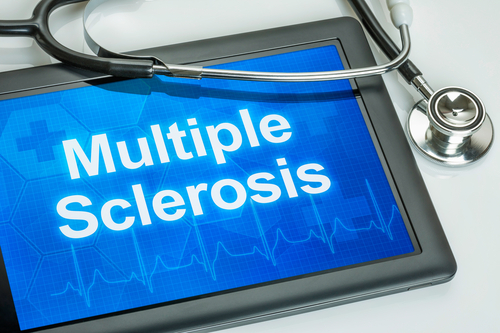
A systematic review and meta-analysis evaluated the correlation between aerobic training and improvements in fatigue perception, gait speed, walking endurance, balance, and cardiorespiratory fitness in patients with multiple sclerosis (MS).
PubMed, Medline, and Web of Science were searched through March 2020 for studies that assessed the impact of an aerobic training program on fatigue, cardiorespiratory fitness, functional capacity, and balance.
Final analysis included 43 studies encompassing 1,070 patients with MS, including 680 patients who participated in aerobic training and 390 controls.
Patients in the aerobic training group had significant increases in cardiorespiratory fitness (standardized mean difference [SMD], 0.29; P=0.002), functional capacity (Timed Up and Go Test: SMD, –1.14; P<0.001; gait speed: SMD, –1.19; P<0.001; walking endurance: SMD, 0.46; P<0.001), and balance (SMD, 3.49; P<0.001), as well as decreased fatigue perception (SMD, 3.49; P<0.001), after training. When compared with the control group, there were no significant differences in cardiorespiratory fitness or fatigue perception. But there were significant between-group differences in favor of the aerobic training group in terms of balance (P=0.02), gait speed (P=0.02), and walking endurance (P=0.03).
“Aerobic training improves gait speed, walking endurance, and balance. Cardiorespiratory fitness and fatigue perception also improved after aerobic training, but no differences were found with control group. In addition, subgroup analysis suggested that training using continuous and walking methods could optimize gait speed,” the researchers concluded.







 © 2025 Mashup Media, LLC, a Formedics Property. All Rights Reserved.
© 2025 Mashup Media, LLC, a Formedics Property. All Rights Reserved.